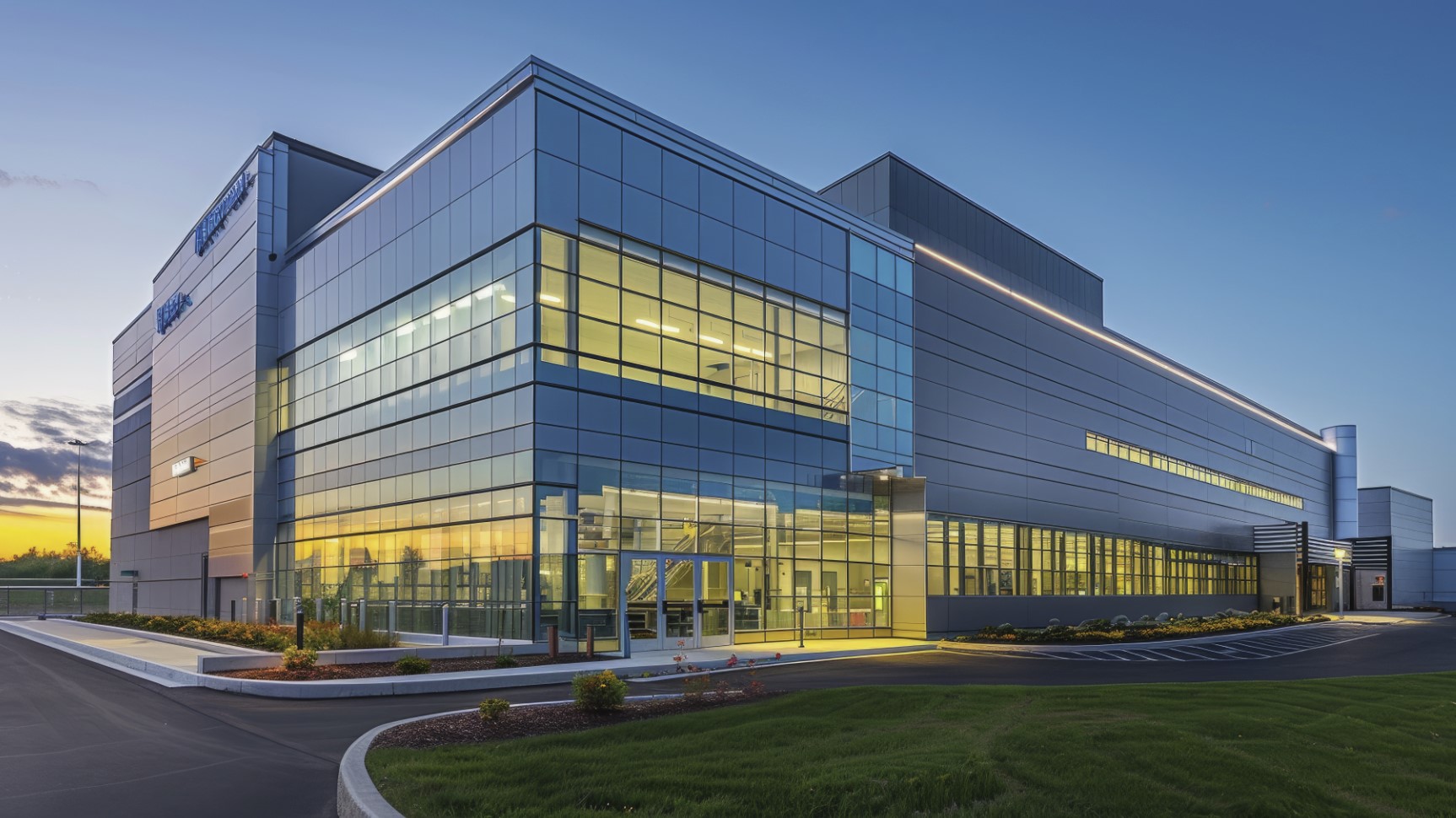
Sources indicate that industrial building sales in the region are occurring frequently and at increasingly higher prices. For instance, a fully-leased warehouse in Raleigh recently sold for $14.4 million, almost triple its previous sale price. This trend suggests that the demand from manufacturers is driving up property values in the industrial sector, making it an attractive investment opportunity.
The manufacturing boom’s impact extends beyond industrial real estate. The influx of new workers associated with these manufacturing facilities is creating a ripple effect across other CRE sectors. The increased demand for housing is fueling the need for more residential real estate development, as seen in the numerous reports of new apartment and townhome projects in areas experiencing manufacturing growth, such as Wilson, Hillsborough, and Cary. The growing population of workers will also drive demand for retail spaces, restaurants, and entertainment options, potentially benefiting those commercial real estate sectors. Last, the expansion of supporting industries, such as logistics and supply chain management, further contributes to the demand for various types of commercial properties.
While the outlook for CRE growth in North Carolina appears promising, several factors could influence the market’s trajectory. The ongoing workforce shortage in the state, highlighted by the competition for skilled labor among companies like Wolfspeed and Toyota, could impact the pace of manufacturing expansion and, consequently, the demand for CRE. The broader economic climate, including interest rate fluctuations, inflation, and potential recessionary pressures, will also play a role in shaping the CRE market’s future.